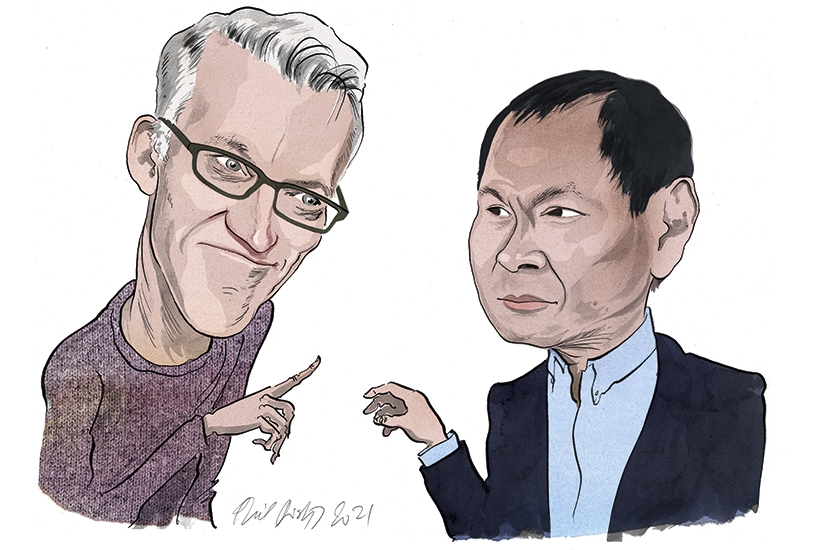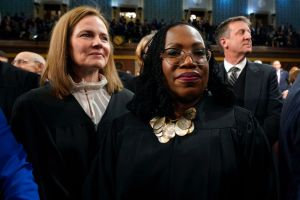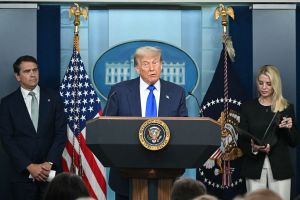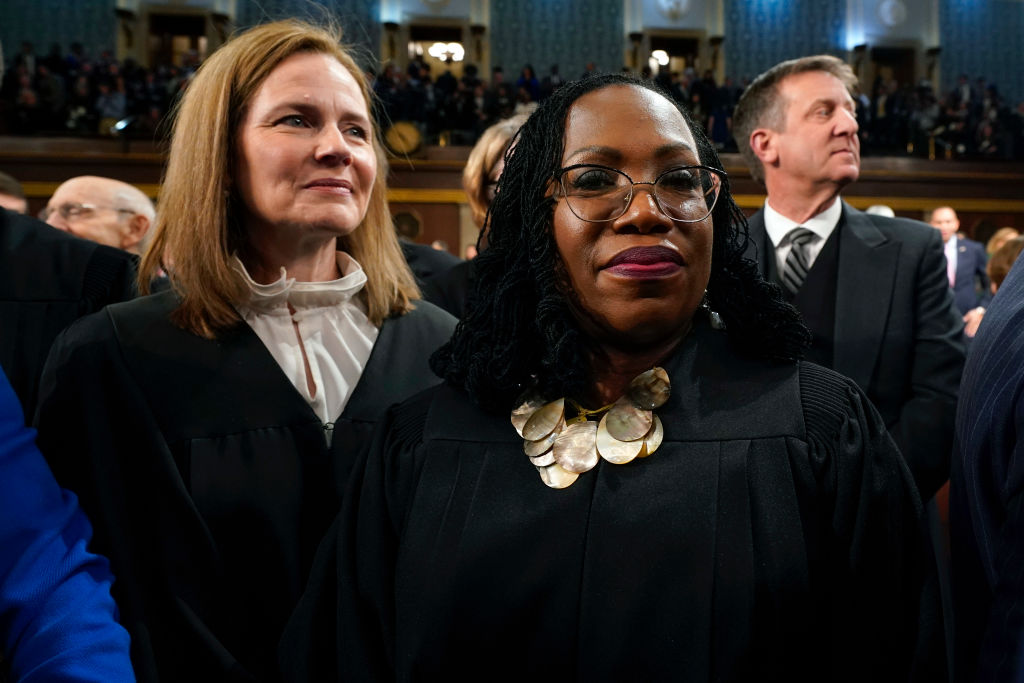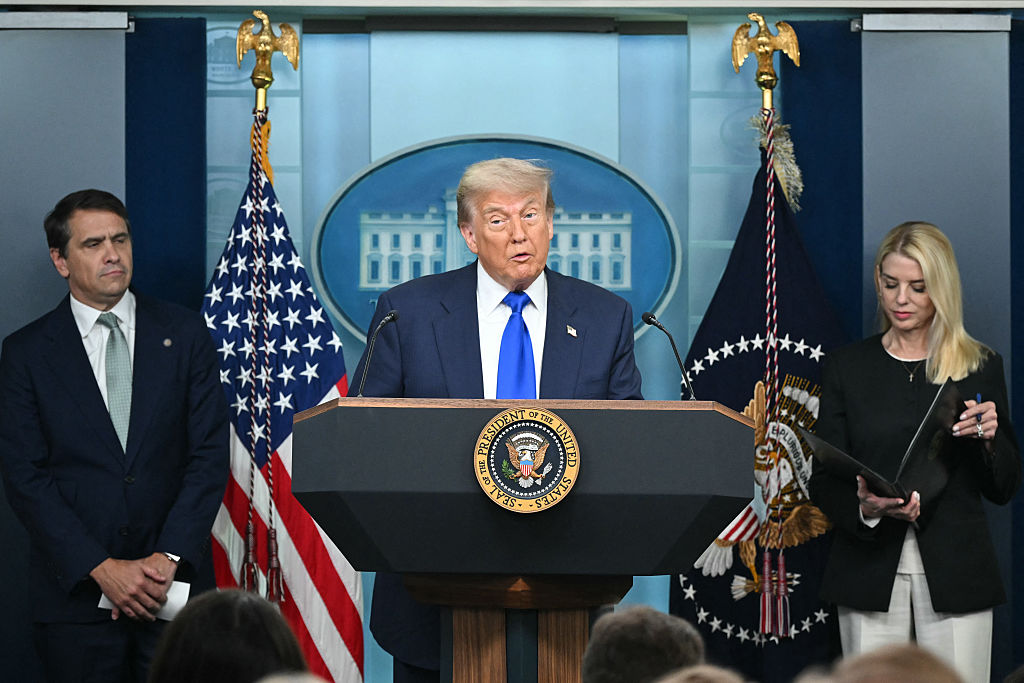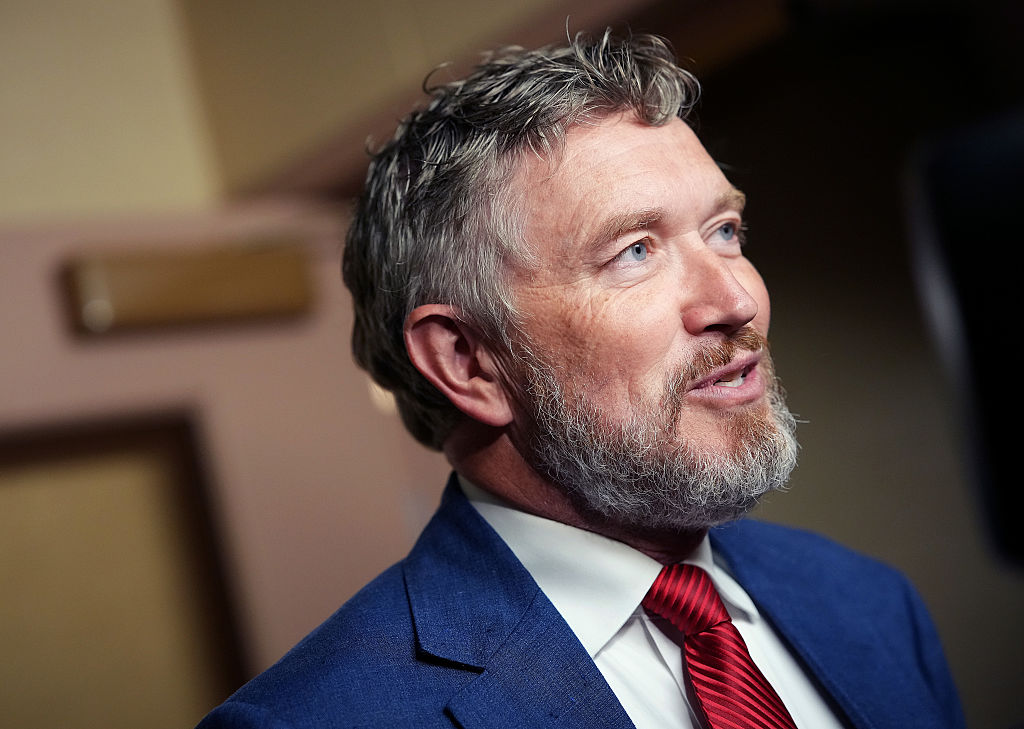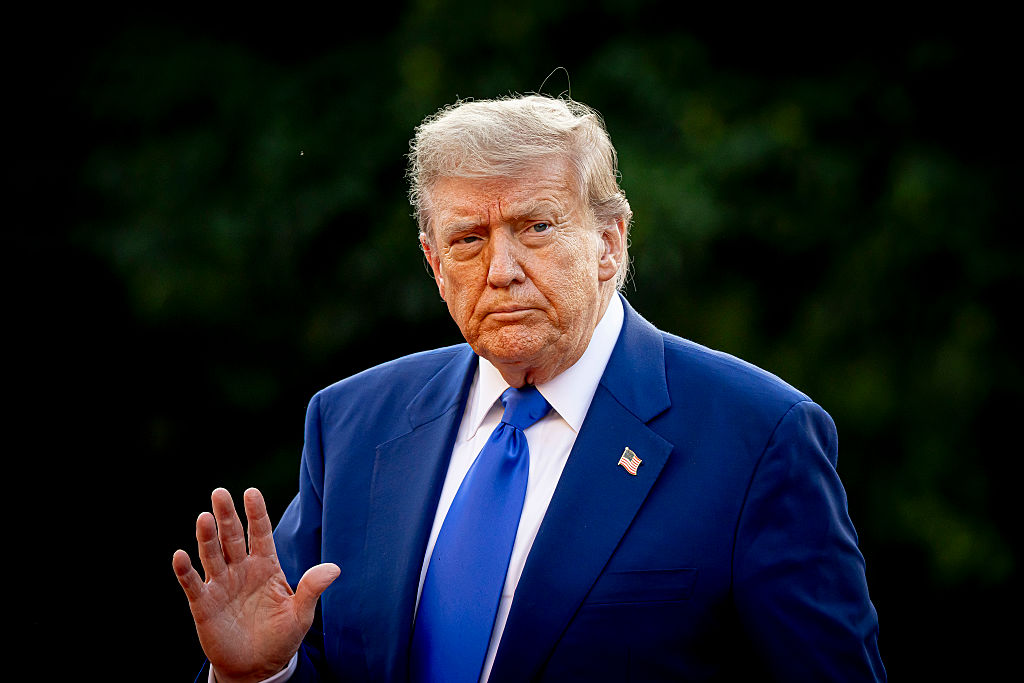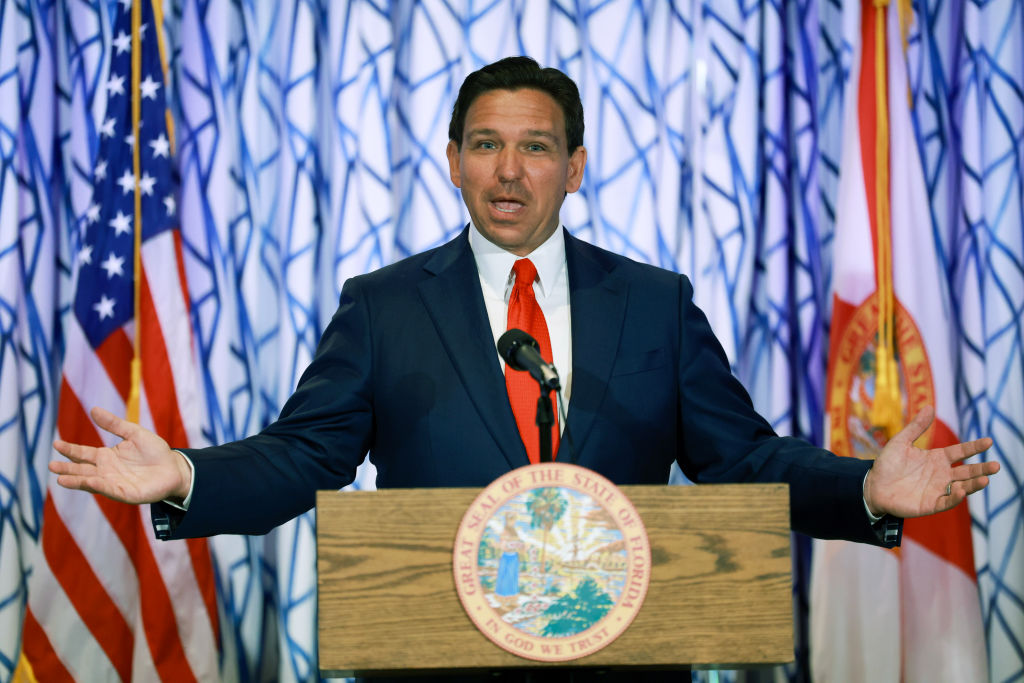Tom Holland: The title of your latest book, a book of interviews, is After the End of History. This alludes to what I guess must still rank as your most famous book and I wonder: is the fame of that book a burden? Do you feel like a famous rock star whose fans want him to play the greatest hits?
Francis Fukuyama: You know, it is really only when I meet up for interviews with journalists who want to talk about very general types of topics that the issue comes up.
TH: Since it is the title, could we just nail down what you mean by ‘the end of history’? You think of it as kind of a process rather than an end.
FF: First of all, it’s not my phrase, it comes from Hegel, and Karl Marx also had a concept of the end of history, and for all three of us history really means not events but something like modernization or development. The end of history, as it was posed by both Hegel and Marx, accepted the fact that we were living in a progressive historical world in which things change over time, so the question is: where is that process leading us? Marx’s answer was to a communist utopia. Hegel, I believe, properly understood and argued that it would lead to a kind of liberal society, and my argument was simply that the Hegelian view of this seemed to be more likely to come true than the Marxist one.
TH: One of the things that struck me about the book, reading it through, is your honesty. You say: ‘I would say that more has happened in the past few years that was unanticipated, at least by me and most of the people I know, than in the previous 20 years.’ Were you thinking of Trump’s election?
FF: Yes, and also what Trump’s election reveals about the state of American democracy. I and a lot of other political scientists have this belief that democracy is like a ratchet and that once you’ve achieved a consolidated democracy, you’re basically there. We’ve seen backsliding in younger democracies like India or Hungary but the fact that there is backsliding in the United States really is something that I simply wouldn’t have anticipated 30 years ago.
TH: You say that Trump turned out to be even worse than you had anticipated?
FF: Well, I think his worst sin was contesting the legitimacy of last year’s election. We thought eventually he’d give in to reality, but here we are seven or eight months later, and he’s still going strong. The whole virtue of a liberal democracy is it gives you a means of transferring power peacefully, and the United States has criticized many defective democracies around the world for not transferring power. Our moral authority to do that now has, I think, been considerably damaged.
TH: There is also a hint though in the book that perhaps this has been a stress test for American democracy, that actually it has passed. Trump is the worst nightmare of the Founding Fathers, and the institutions have stood firm.
FF: On the whole I do think there are some grounds for optimism. Trump wasn’t reelected and the government is continuing to function. Certainly in foreign policy the United States has returned to a sort of status quo ante. But I do think that all this poll data showing that something like a third of Americans don’t believe that the last election was legitimate is not a sign of a healthy democracy.
TH: Another thing that you admit to is that ‘Everyone, myself included, thought that the internet was great for democracy!’ Is the internet to blame?
FF: Look, obviously things have multiple causes and certainly the availability of bad information hasn’t helped, but I do also think at this point, with the rise of this really crazy right, you have to turn to social psychology for an explanation, because it’s really hard to explain these outcomes other than as a result of some kind of weird sociological process, where people want to believe a certain alternative reality so badly that they basically structure their perception of reality around that.
TH: I guess there is one other huge question that shadows your thesis, which is the rise of China. How big a challenge to your optimism is the emergence of China and the kind of technocratic autocracy that it embodies?
FF: If China succeeds in remaining stable, if it succeeds in continuing to grow and to outpace western liberal democracies, then I think that would seriously damage the whole hypothesis. I mean, I don’t think we’re at that point yet, but I believed all along that that’s really the only plausible alternative to democracy.
TH: Can you imagine a point arising in the next 10, 20, 30 years where you might find yourself having to say ‘I got it wrong’?
FF: Well, yeah, I mean I don’t know whether I should put a date on this but I’d say in another couple of decades, if the United States continues its decline and China continues its rise, I’d have to say yes, there is this alternative and it is pretty powerful. And at that point I think a lot of other countries are going to start emulating China — some of them have done that already. In the heyday of American power between 1989 and 2008, it was economic, political, military, cultural. So far China’s challenge has been primarily economic, and it’s beginning to be seriously military — but in terms of society and culture, it’s way behind still. You don’t have millions of refugees desperate to get into China. Their appeal as a society is still very limited, but they are catching up. You might even say they’re catching up in the political sphere too, because they don’t seem to be suffering from the kinds of dysfunctions that America is right now.
TH: China is ostensibly a Marxist society, so they do officially have a sense that the end of history is coming. Do you see the challenge that China represents to your model of history’s end as being a Marxist one, or is it something else? Is it the traditions of Chinese history, the traditions of Chinese autocracy? Where do you find the cultural focus for China?
FF: In my view China was the first global society to develop the modern state, and they did this about 1,800 years prior to anyone in Europe, so it’s a very coherent alternative. Whether in the end it will prove to be a sustainable one I think is still open to question, but if it does — if that becomes the model people want to follow — then that will constitute a refutation of the end of history. And by the way, it’s not Marxist…I think it is socialism with Chinese characteristics. It’s some mishmash of Marxism, Leninism, with traditional Chinese culture and so forth. It’s not just a revival of Marxism, it’s something else.
TH: Do you think it would be fair to say that China historically has been less universalist in its thinking than, say, Christian Europe?
FF: Chinese civilization was never universal. Chinese culture was seen as appropriate for people who were Han Chinese and they never had this messianic belief that their civilization was right for everybody. They kind of regarded other peoples as barbarians and not worthy of respect in any event, so they didn’t want to proselytize. I think that compared to the former Soviet Union, they still don’t. They basically just want to maximize their influence and their global power.
TH: So would that imply that, say, your Hegelianism is rooted in European traditions?
FF: It’s more than that, it’s rooted in the idea that those European traditions led to a political system that is potentially universal; that the premises of post-Enlightenment Europe had been so broadly accepted that it’s no longer just a European cultural phenomenon. This was the essence of my argument with Samuel Huntington. He believed that the West represented one of several cultures but that ultimately it was going to be restricted to countries that were culturally Christian. My argument was that it was something broader than that.
TH: I have to say that, as a European and particularly as someone from Britain, I found your book bracingly optimistic about Europe! I wonder, do you think that the sense of optimism that you are able to express is to do with the fact that your forebears are from Japan? You can’t therefore be accused of white supremacy.
FF: I am actually writing a book on the subject right now where I’m going to defend western liberal universalism against the various strands of critical race theory. The real question is how deeply is that demoralization going to strike? The reason I think it’s stronger here in the United States is because of how important the racial issue is in US history. Clearly, Islam occupies a similar role in contemporary Britain, but I do think that right now we have gone into this slightly crazy period in discussions on race in the United States. It is a challenge.
TH: Foucault and Derrida and all the luminaries of French intellectual life have recalibrated intellectual life in the United States. These ideas are now being re-exported to France. Is there an irony there?
FF: Well, yes, the French are getting their just deserts in a certain way!
TH: And maybe with Britain: Britain colonized the land mass of North America and we have an almost colonial relationship to the intellectual currents in the USA.
FF: I think it is an unfortunate American export at this point that even countries like South Korea that don’t even have a racial problem — they have got a regional problem with Japan but they certainly don’t have a racial problem — even they are trying to fit their own experience into this American historical mold. I think this is kind of silly.
TH: Although I guess from an American perspective, actually possibly quite encouraging. Even amid all the turbulence, America sneezes and everyone else catches a cold?
FF: Yes, the problem with that is the only people catching colds are other democracies. If we could infect China and Russia with some of this stuff, that would be I think more useful.
TH: Suppose we arrive at the end of history. Well, let’s say we have. Isn’t there a risk that it will be boring and a sense of anomie will kick in? Do you think that essentially is what’s happening?
FF: In the original essay I had a line that said ‘If people can no longer struggle against injustice then they’ll struggle against justice because what they want to do is struggle’. I think that in many respects you can see in recent events in the United States something like that happening. These clowns who attacked the US Capitol on January 6, they were not distressed, they were not unemployed steelworkers, they weren’t marginalized, they were perfectly prosperous middle-class people with jobs. But I think they spend their whole lives watching action movies or playing video games and they want to act out some of that stuff.
TH: Brexit has a shadowy presence in your book. It’s really bundled in with Trump and themes of populism and it is often characterized by its critics as being analogous: stupid people have been sold a lie and now they are living with the consequences. Is that your perspective on Brexit?
FF: If I had been a British citizen I would have voted to stay in the EU — however, just as in the United States, I do think there is a misinterpretation of why people voted for Brexit. You see this contemptuous attitude among American liberals towards people who voted for Donald Trump and it contributes to populism because that attitude is exactly what the populist voters resented about elites.
TH: I voted to remain and so I’m inherently inclined to agree with you. But I’ve tried to make myself alert to the arguments in favor of Brexit, and what I noticed in your book is that there were quite a lot of arguments that Brexiteers use. You say you can’t have a democracy unless you have a sense of national identity, and I guess that’s the core argument of Brexiteers. But there is a kind of tension, isn’t there, in your ideas between a kind of universalism which requires the dissolution of distinctive national identities, and a recognition that foundational democracy, liberal democracy, does depend on borders being upheld?
FF: No, that doesn’t characterize the problem the way I see it. I don’t believe that there is anything like a universalist identity. You can’t be a citizen of the world. That’s just a fantasy and I think that, essentially, modern democracies really do need a sense of national identity at the nation-state level and the weakening of those identities is a bad thing. The problem with the EU is a very specific one. There is no strong emotional sense that I’m a European above everything else, and so people’s primary loyalty remains to the member state that they’re a part of. Given that that’s the case, I think that each of those member states has to work on making that national identity appropriate to the actual diversity of the society that constitutes them. This is a bigger problem in continental Europe than it is in Britain or any of the Anglophone countries which have been for various reasons much more accommodating of diversity. But it’s a serious problem in, let’s say, Germany, where citizenship is still tied to German ethnicity, or in Scandinavia where what it means to be a Dane or a Norwegian still has a very strong ethnic and cultural component. I was never in favor of trying to replace national identity with some kind of universalist identity. I just don’t think it’s possible.
TH: I think somewhere you say that the European Union approximates better to your terms of the end of history..
FF: That’s true, it just hasn’t worked out very well.
TH: Do you think that the inheritance of liberalism, the frameworks of liberalism, can form a big tent that people from very different cultural traditions can all be a part of?
FF: I certainly hope so. I think we’re in for a lot of trouble if that’s not true because, given globalization, most societies are going to be very diverse culturally, religiously, ethnically and so forth, so you have to have a formula for that working. I do think that, because people have lost faith in liberalism and because we don’t have really adequate leaders rising to the occasion. There’s a lot of reasons to be proud to live in such a society but I think in recent years people haven’t articulated any particularly good defenses of it.
TH: England beat Germany about 10 minutes before I came on here so I am still aglow with the excitement of that, but it did strike me that all the language was about ‘England have beaten Germany for the first time in 50 years’, and maybe that’s the essence of the end of history — because we’re not talking about world wars any more, we’re talking about something as ephemeral and unimportant as a sports tournament.
FF: Well, that was an argument I made at the end of The End of History. If you want to have a successful liberal order, you’ve got to channel all of these desires to feel pride in yourself and your people into activities that are safe. One of them could certainly be football.
After the End of History: Conversations with Francis Fukuyama, edited by Mathilde Fasting, is published by Georgetown University Press. This article was originally published in The Spectator’s August 2021 World edition.



